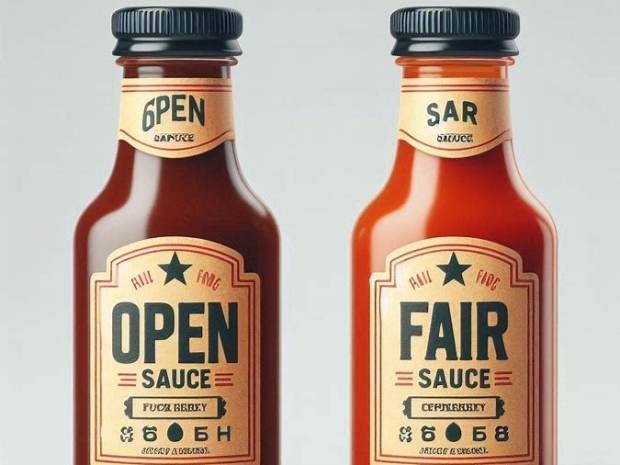Dubbed Fair Source by its developer company Enter Sentry, the licence comes with its definitions, terminology, and governance model. Sentry is among the first to adopt this, along with a handful of others, including GitButler, a developer tooling company founded by one of GitHub's original creators.
The "fair source" concept is supposedly designed to help companies align with the "open" software development sphere without stepping on the toes of existing licensing—be it open source, open core, or source-available—while sidestepping any negative connotations associated with "proprietary."
This is based on the growing realisation that open source isn't exactly the goldmine it was touted as a few years ago.
Sentry's head of open source, Chad Whitacre, said: "Open source isn't a business model—open source is a distribution model, it's a software development model, primarily."
"It places severe limits on what business models are available because of the licensing terms." Sure, there are wildly successful open-source projects, but they're usually just components of larger proprietary products. “
He said that companies that once championed open source have mostly backpedalled to protect their intellectual property, shifting from fully permissive to more restrictive "copyleft" licenses, as Element did last year and Grafana before it, or abandoning open source altogether as HashiCorp did with Terraform.
"Most of the world's software is still closed source," Whitacre said. "Kubernetes is open source, but Google Search is closed. React is open source, but Facebook Newsfeed is closed. With fair source, we're carving a space for companies to safely share not just these lower-level infrastructure components but share access to their core product."

